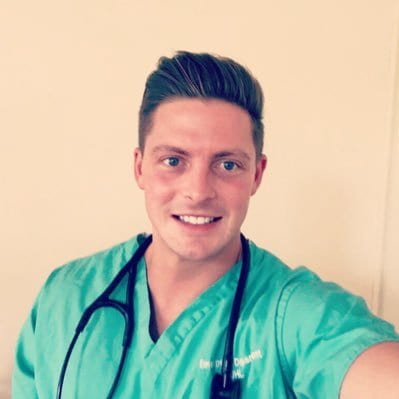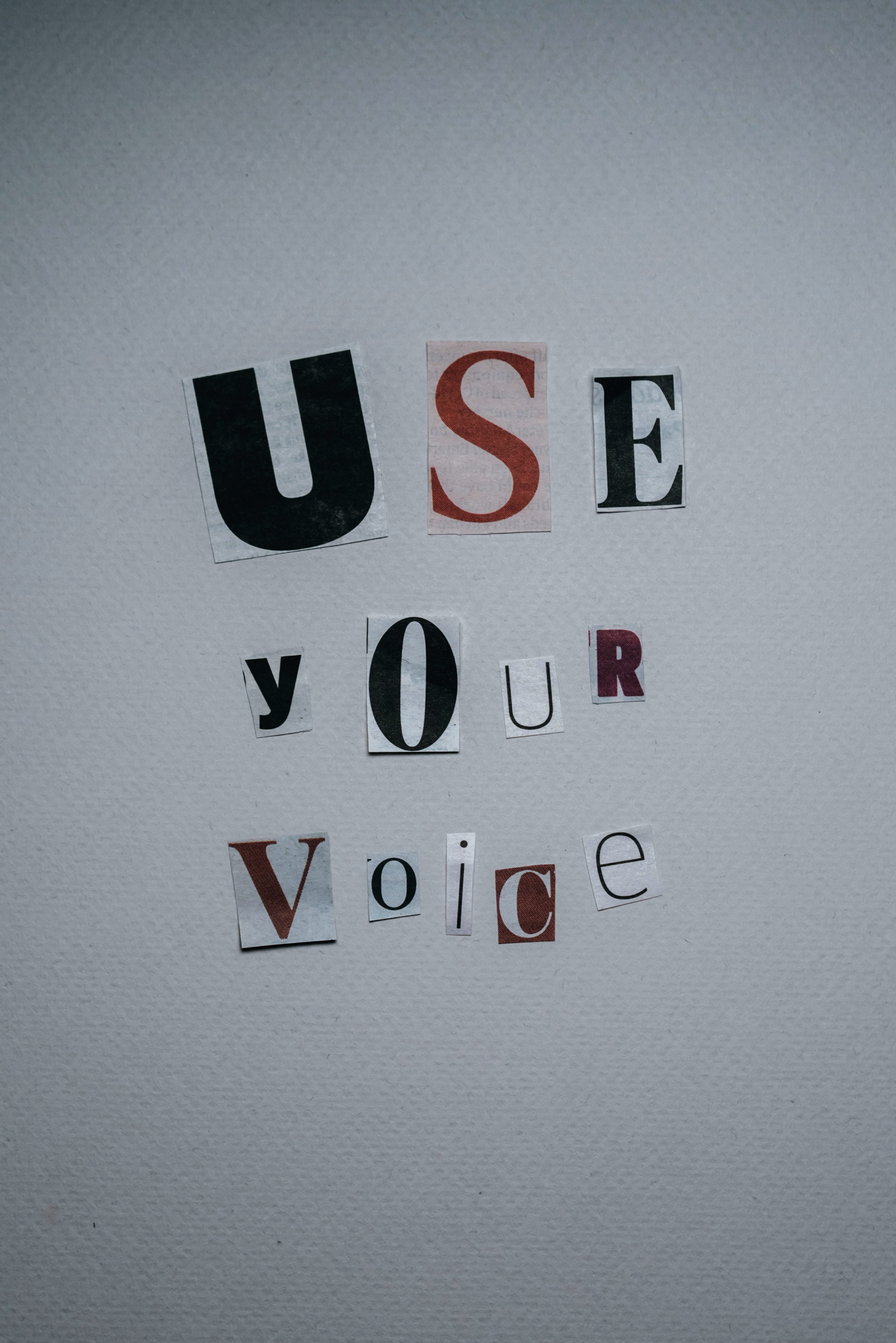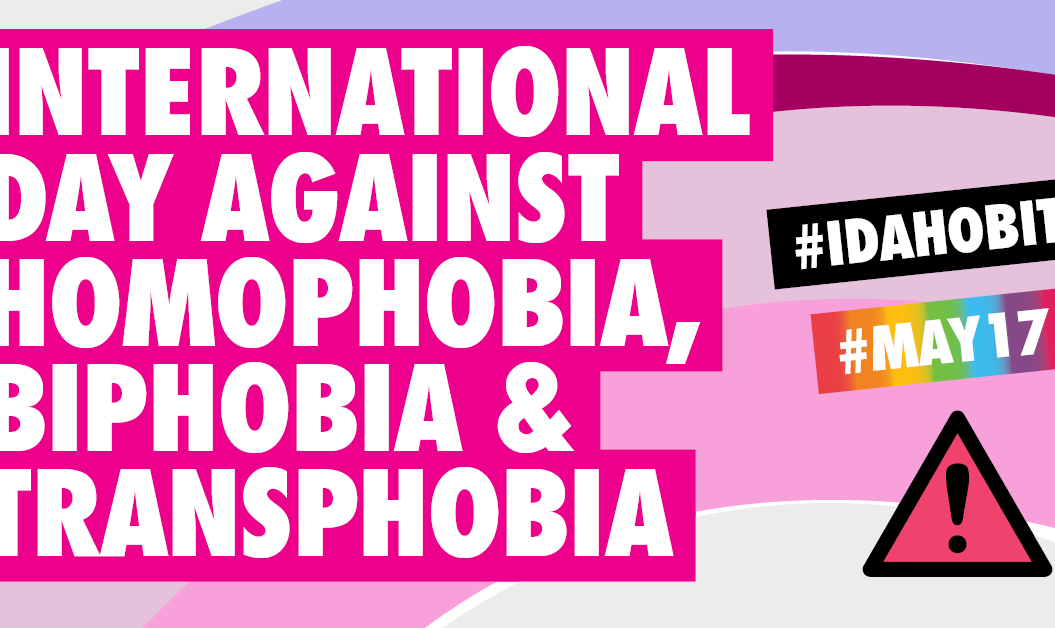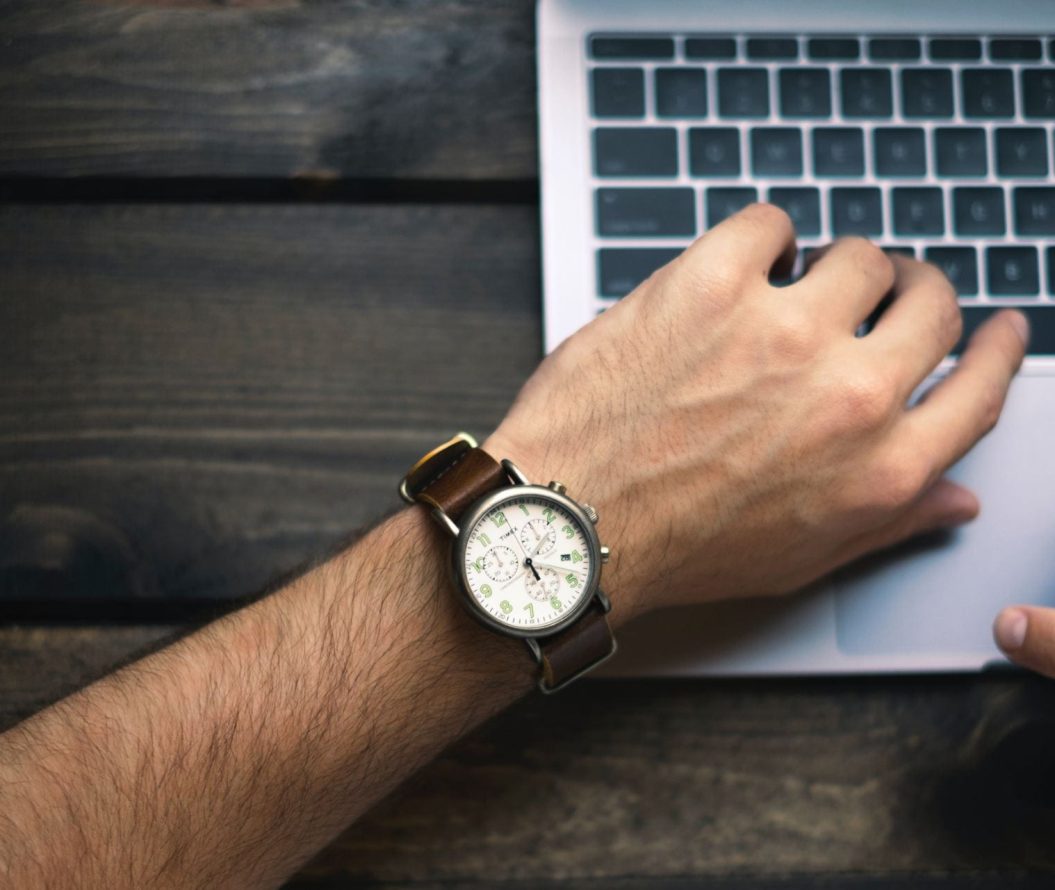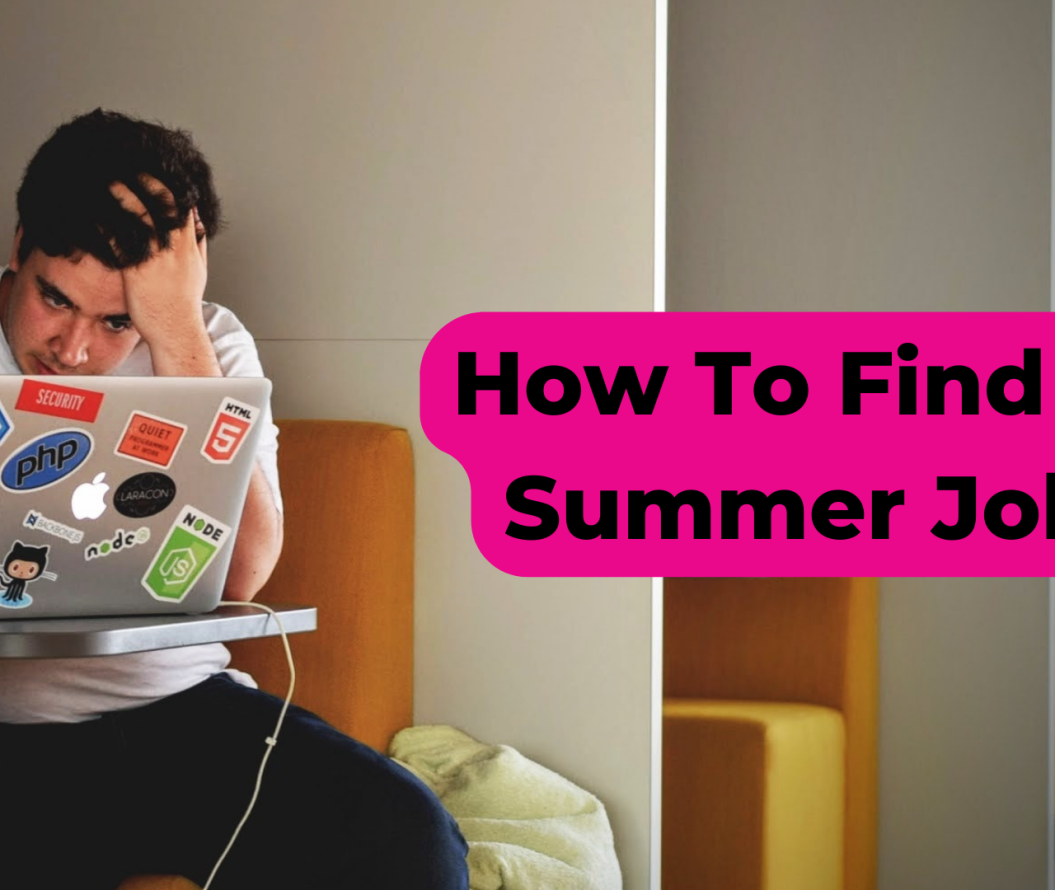Hi, I'm currently in third year studying MChem Chemistry for Drug Discovery and Development. I am passionate about science , LGBTQ+ rights and swimming too.
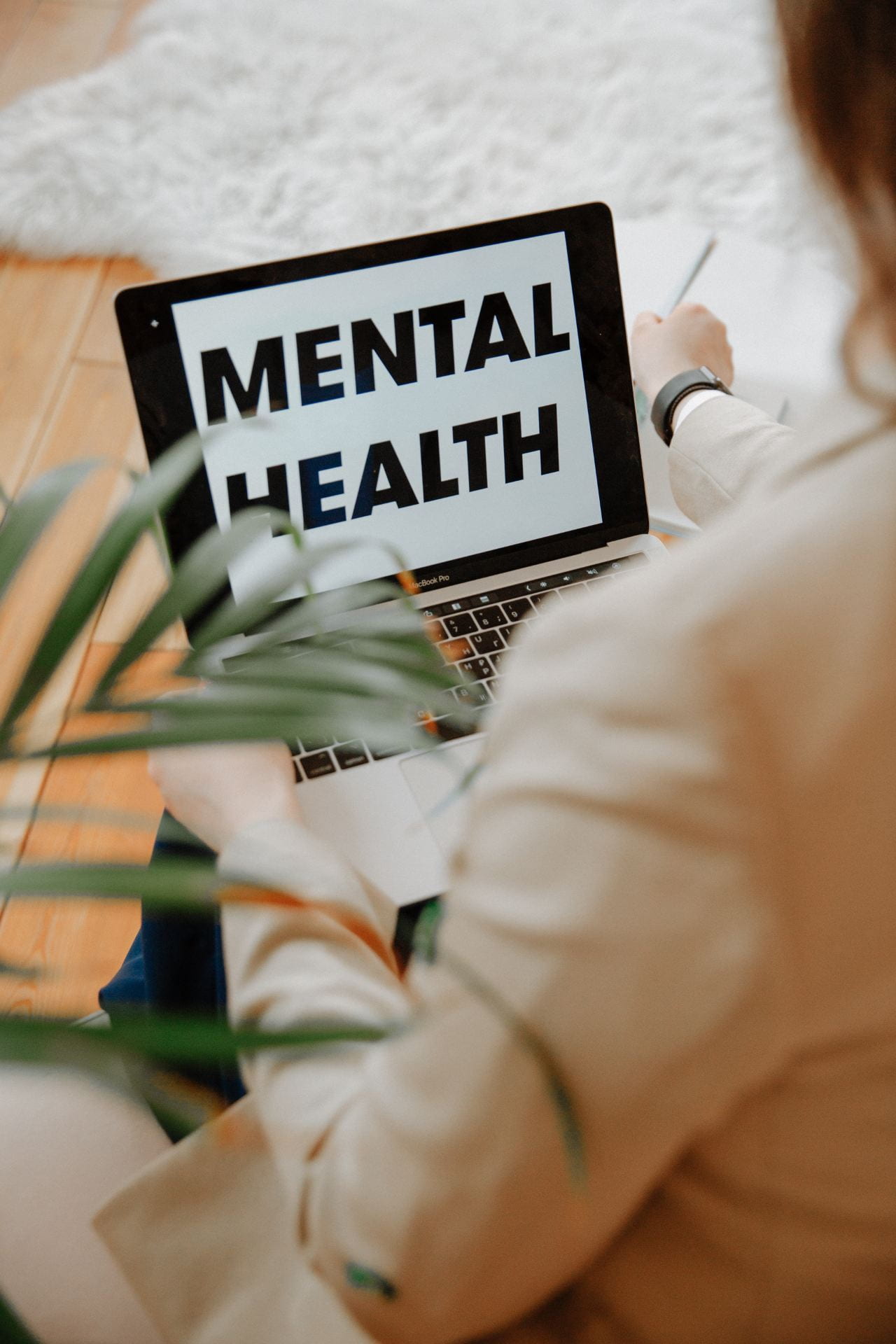
The Virtual Live Lounge with Dr Alex George
March 23, 2021,
read.
This article is more than 3 years old
What is the Lincoln Live Lounge?
The Lincoln Live Lounge is a regular series of live-streamed, engaging and interactive talks hosted by the university with special guests alongside UoL staff, students, and alumni. The talks cover a wide variety of topics, from getting involved with the music industry to tackling environmental challenges. This particular event involved discussions about the importance of mental health awareness and the support available to current and prospective students.
Who is Dr Alex George?
Dr Alex is a 2018 Love-Island contestant, A&E doctor and the U.K Youth Mental Health Ambassador. In this role, he advises the government on how to raise awareness for mental health and wellbeing. He has now been working around mental health for a few years, campaigning to remove the stigma that surrounds talking about it.
To establish what he should do in this area, he spent a lot of time talking to key stakeholders who use mental health services to identify things that work well and also what needs to change. This progressed into lobbying the government for change, after which he was asked to take on the volunteer role as Youth Mental Health Ambassador. Dr Alex’s key focus is bringing everyone’s attention to mental health in young people and making sure it is represented in old and new policy within the government.
Key takeaway messages
The university has a wide variety of resources available to help you! Look at the resources that are available before attending university so you know where to go if you or your friends need it. The university is also taking part in Student Minds’ support your mate campaign which aims to better equip students to be there when their friends are in need.
Prepare yourself – Moving to university is a very big deal and here at UoL we have the WOW summer school, 3 days over the summer aiming to decrease anxiety and help you settle in before starting. Also, you can sign up for Friends for Life to start making friends before going to Lincoln. It is completely normal to feel nervous before starting new chapters of your life. What is important is sharing how you feel and learning how to calm the nerves.
Plan – Register with your GP as soon as possible when you arrive in Lincoln and prepare for this so you can be appropriately looked after and any ongoing support or medication you need can be provided. Sometimes the transition from child to adult services may seem difficult alongside location changes too, but it doesn’t have to be. Make sure you plan for the changes and let the support services you use know that you are moving and make contact with the place you are moving to so the services can prepare and be ready for your arrival.
Talk about your mental health as early as you can – Normalise talking about your real feelings with no need to hide. Your friends, family and peers are all there to support you and it is important now more than ever to talk and listen to each other about our thoughts and feelings. The Hub of Hope service allows you to put your postcode in and find the support services available around you.
Q + A
In amongst the discussion were questions asked by Julie Spencer, the head of UoL’s wellbeing service, as well as questions from the live audience. Below are some of the key questions and a summary of the answers, but there are lots more that can be watched in the recording of the session.
How is working in a hospital during the pandemic? – Dr Alex said that working in a hospital in the current climate is really challenging and it was hard to adjust to the changes initially, but there is still comradery between staff. He also expressed his concerns about the mental health of his peers and those others who have experienced a lot during the pandemic. This answer ended with Alex saying he is optimistic for the future following the current successful rollout of the vaccine programme.
What inspired you to be a doctor?– Alex said that from a young age he had an interest in people so it seemed like a good fit. After watching tv shows featuring hospitals, he thought it looked great, then decided fairly early on that it was the career for him. He emphasised not to be deterred by any knockbacks. Instead, pick yourself up, carry on and you will find that things do get better. “You can achieve anything in your life if you put your mind to it and do your best. If you have your sights set on a goal go for it and you will find a way”.
As students, how can we support your work as Youth Mental Health Ambassador? – Continue to campaign and run support groups. It is vital we keep raising awareness to ensure that mental health becomes a normal part of conversation. Alex explained that sharing and supporting the campaigns that are released shows that there is a need for it and helps get the message out there.
How do you cope with negative behaviour on social media? – At the end of the day you are a human being at the end of the mobile phone and we have emotions, but we have a choice whether we want to accept what we see or not. Take on a balanced view. No matter what you do, someone will have something bad to say about it, so don’t feel like you have to take on board all comments.
I really enjoyed this Live Lounge session and found it very insightful. If you missed the session, you can check out the full recording here. It is always important to remember that no matter what you are feeling, be it positive or negative, there is an extensive range of services available from the university to support you, including support with general and mental wellbeing. More information on the support offered can be found here. If you would like external support, there is information about a plethora of different services available here.
- Topics
- Mental health
- Mental wellbeing
